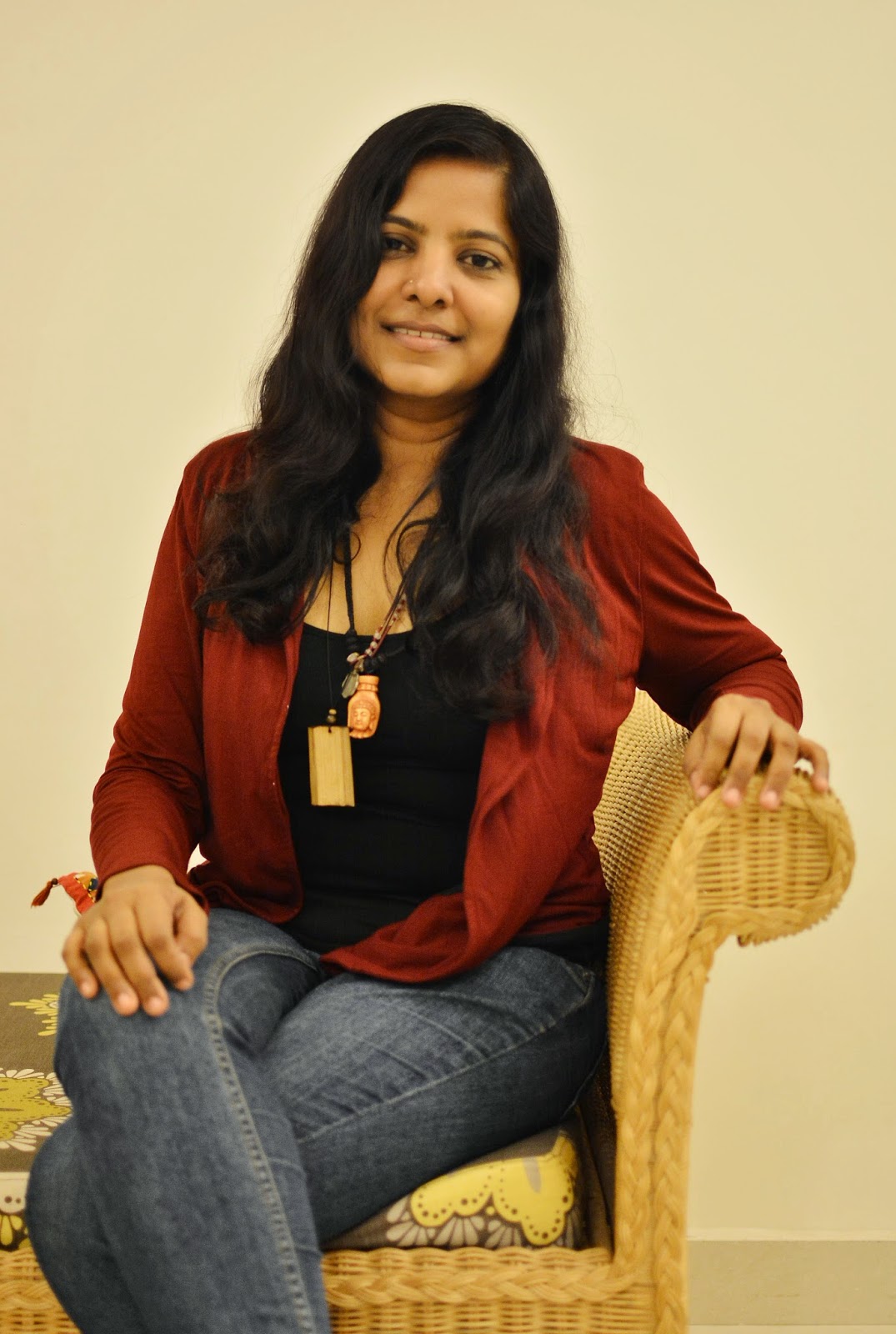On
a recent visit to Kochi, film-maker Leena Manimekalai talks about
'White Van stories', which documents the impact of the civil war on
the Tamils as well as her other experiences
Photo of Leena Manimekalai by Ratheesh Sundaram; stills from the film
In
July, 2013, when activist film-maker Leena Manimekalai went to
Mullaitivu in Sri Lanka, she got a shock. “Every single house and
tree was bullet-ridden and bombed,” she says.
Leena
met activist Jaya Lanka Ratnam, whose son, a militant, had been
missing for years. And
he is one of the thousands of militants who have disappeared. But
there are also innocent Tamils who have also gone missing. The modus
operandi was simple: the army or police would arrive, in a white van,
and they would identify the people they want to interrogate, put them
in the van and take them away. Very few returned.
So, it was no surprise that
when Leena wanted to make a feature documentary on these
disappearances, she called it 'White Van stories'. After meeting
nearly 500 families, she focused on seven women who are constantly
challenging the authorities to provide information about their loved
ones. “All of them are willing to accept the fact that their men
may have died, provided the bodies are returned to them,” she says.
“Otherwise, they are unable to have a closure.”
Every family has suffered. Leena met a woman militant who lost her legs and half her face during the war between the Sri Lankan Army and the Liberation of Tamil Tigers Eelam in 2008-9. “Most ex-militants you meet has some bodily damage,” she says. “And every family has lost a family member either though death or disappearances.”
Every family has suffered. Leena met a woman militant who lost her legs and half her face during the war between the Sri Lankan Army and the Liberation of Tamil Tigers Eelam in 2008-9. “Most ex-militants you meet has some bodily damage,” she says. “And every family has lost a family member either though death or disappearances.”
After
the conclusion of the war, mass graves have been unearthed in Mannar
and Vanni. “The Sri Lankan government keeps telling the world that
that they were killing terrorists,” says Leena. “But to deal
with terrorists, you did not need to kill 1.5 lakh Tamils.” That is
the figure the people in Sri Lanka as well as the Bishop of Mannar,
Rayappu Joseph, have given Leena. However, the official figure,
according to the United Nations, is 40,000.
Former
President Mahinda Rajapaksha said that during a war civilian deaths
can happen. “But I believe that ethnic cleansing took place,”
says Leena. “And I regard Rajapaksha as a war criminal. I also
don't think the new government [under President Maithripala Sirisena]
will solve the Tamil issue. Because ultra Sinhalese nationalism is
feeding the nation's politics. The Buddhist monks want the land to be
Buddhist. Religious fanaticism and nationalism can drug the people. ”
But
not all of them. During her time in Sri Lanka, Leena stayed with
several Sinhalese families. “They have fed and protected me,” she
says. “I have met a lot of Sinhalese who are ashamed about what is
happening. They want all the ethnic groups to come together and stay
united.”
Incidentally,
Leena had to do the shooting of her film undercover. In north and
east Lanka, she had to cross checkposts every half a kilometre. “The
entire area has been militarised,” she says. “The Army is
everywhere.” Once when she was shooting inside a bombed-out
ice-cream van she was spotted by a few soldiers. Leena was taken to a
detention centre and interrogated for hours. “I felt scared,” she
says. “But they refrained from using violence because I had an
Indian passport.”
Leena
has also made films on gender, caste, poetry, art therapy, the
environment, indigenous tribes, and students politics.
Thanks
to her work, the Chennai-based Leena has developed a reputation as a
gutsy film-maker. Recently, she had come to Kochi to inaugurate the
PJ Antony Memorial Foundation Street Play festival.
On
the personal front, Leena came out as a bisexual in her second poetry
collection, 'Ulagin Azhagiya Muthal Penn' (The First Beautiful
Woman of the World). “There was huge censorship for that,”
she says. “The Hindu People's Party wanted to burn the book. They
went and filed a case in a police station. There was legal action
against me. Ultra-left and ultra-right people came together and
attacked me.”
Her
recent poetry collection, 'Antharakanni', is about queer sexuality.
“I wrote about Tamil folklore from the perspective of a queer,”
she says. “But in India, people are not ready to accept lesbians
and gays. Misogyny is common in every society. A misogynist is also
homo and transgender-phobic.”
Despite
the denunciations, her book has a good readership, especially among
the women. “But there is a fear among them to express their support
in public,” she says. “So they write secretly to me expressing
their support. They are so thankful that somebody is giving an
expression to their feelings. In India, our sexuality is suppressed
because of social conditioning.”
But
Leena overcame this conditioning when she began travelling abroad. In
2004, she went to attend the Women in the Director's Chair
International Film and Video Festival at Chicago. “The festival
director was a queer,” she says. “And there was a queer
night. I saw dykes all round. And I realised it is all about pushing
the boundaries.”
Today,
Leena is committed to pushing the boundaries in her professional and
personal life.
(The
New Indian Express, Kochi and Thiruvananthapuram)



No comments:
Post a Comment